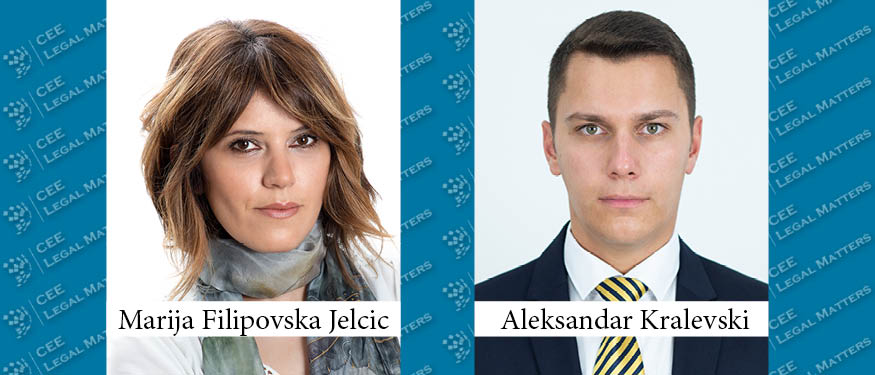White-collar crime has mainly been regulated by the Macedonian Criminal Code (“Code”) from 2004. Certain areas of responsibility that may render authorized persons criminally liable are also stipulated by other laws. We will focus on the main rules on white-collar crime provided by the Code, and certain liabilities provided by the Company Law that may trigger criminal responsibility for shareholders.
According to the Code, the company and its authorized persons are liable for crimes committed by any authorized person on behalf or on account of, and for the benefit of the company. The Code provides a broad definition of the term “authorized person”, which is not necessarily limited to managers or shareholders. An “authorized person” is any person who, in accordance with their function or mandate granted by the company, conducts tasks or activities provided by the law or other regulation connected to the usage or disposal of the company’s property, managing the business, supervision, economic processes, etc.
Moreover, the company and its authorized persons are liable for crimes committed by any of the company’s employees or representatives – wherever significant property benefit has been acquired, or significant damage has been caused to a third party – in cases when, for example, the crime resulted from omitting the obligatory supervision of the board of directors, managing body, or supervising body, if such corporate bodies have not prevented the crime.
In addition to monetary fines, “side” penalties may be imposed on companies, which may include a ban on performing business activities, liquidation, a ban on submitting bids in public procurements, a ban on establishing legal entities, prohibitions on subventions or loans, a ban on/the cancellation of concessions, licenses, approvals, or authorizations, etc. The penalty for the company’s authorized persons may be monetary, a prohibition on professional activity, or imprisonment.
The type and severity of the penalty depend on the crime and the value of the acquired benefit. The criminal charges against the company do not exclude criminal charges against the authorized person and imposing a monetary fine does not exclude imposing a “side” penalty (and vice versa).
Foreign investors should note that foreign companies are criminally liable in North Macedonia if the crime has been committed on Macedonian territory, regardless of whether they have a registered company/branch here. Although there appears to be no practice in this regard, the risk should be considered and not underestimated.
Additionally, certain liabilities provided by other laws may implicitly trigger criminal liability for shareholders. Just as an example, although the rule set in the Company Law is that shareholders in LLCs are not liable for the obligations of the company – as an exception – the shareholders may be liable in certain cases: if they abused the company to gain a prohibited benefit; if they used the company to damage creditors; if they illegally disposed of the company’s assets; if they decrease the company’s assets for their own benefit / a third party’s benefit, under certain conditions, etc.
Although white-collar crime was regulated back in 2004, there are no statistics for the number, types, or trends of criminal judgments connected to white-collar crime that would enable us to analyze the practice. This issue has already been recognized and raised on several occasions by prominent professors and legal professionals. Based on the little existing information, in the period from 2010 to 2013, 560 companies were criminally convicted, whereas the crimes reported in 2021 showed a 27.7% reduction when compared to 2020. Alas, it would be interesting to see whether the number of white-collar crime cases has been increasing or decreasing since 2004.
Bearing in mind that North Macedonia is a potential EU candidate and that – according to the 2022 Report on the progress of North Macedonia in the European integration process of the European Commission – the country continues to improve its criminal investigation and prosecution, we would expect to see more white-collar crime investigations in future.
It is fair to conclude that the Code stipulates a wide range of criminal responsibilities for companies doing business on Macedonian territory, and for their authorized persons. Hence, when deciding to start a business, or for investors that are already doing business in North Macedonia, it would be wise to apprise oneself of the specifics of white-collar crime rules and other risks that may trigger criminal liability in North Macedonia.
By Marija Filipovska Jelcic, Partner, and Aleksandar Kralevski, Attorney at Law, CMS Skopje
This article was originally published in Issue 9.12 of the CEE Legal Matters Magazine. If you would like to receive a hard copy of the magazine, you can subscribe here.


